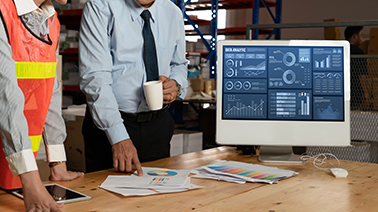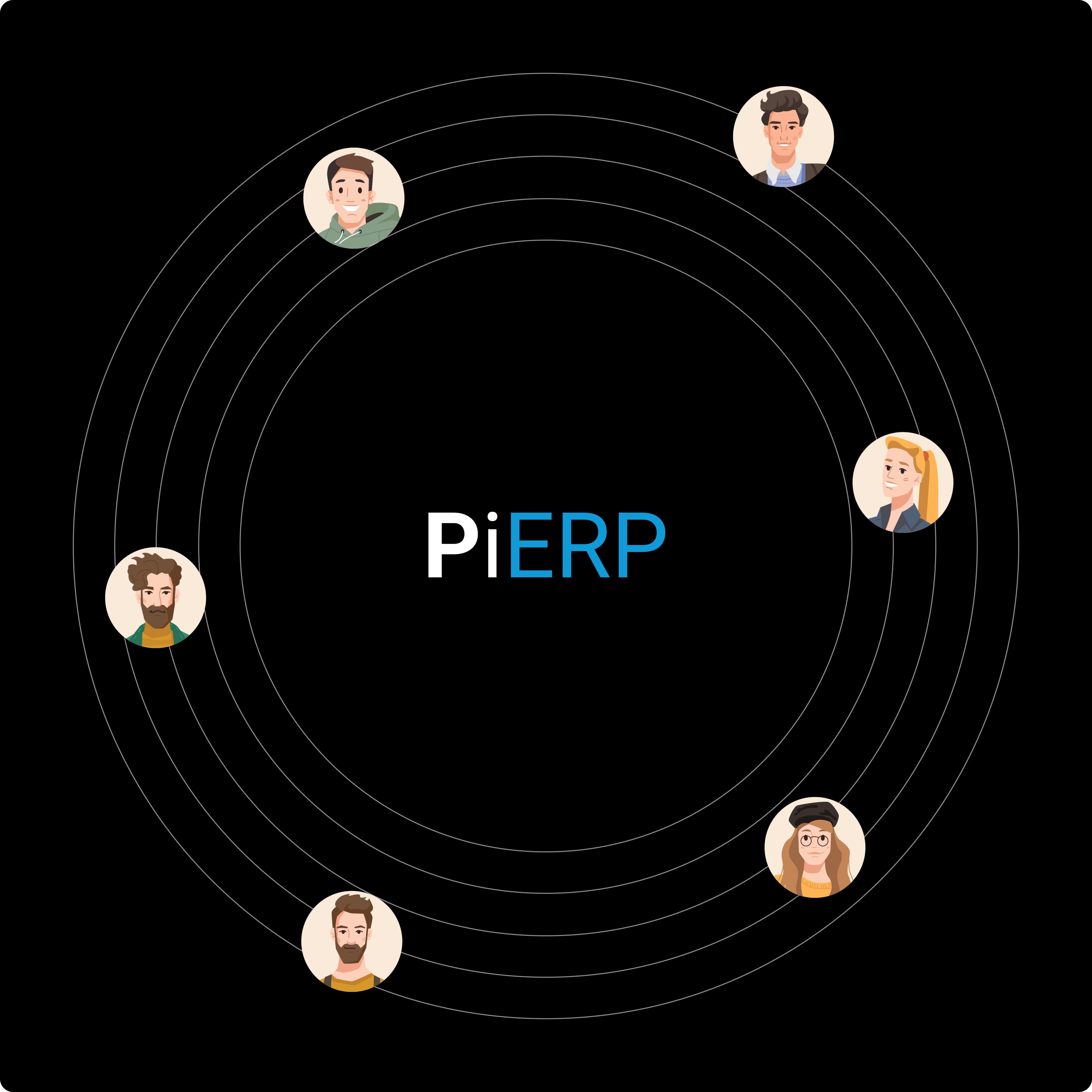In today’s fast-paced world, the food and beverage industry faces numerous challenges. From managing supply chains to ensuring food safety and maintaining regulatory compliance, companies in this sector must juggle many responsibilities. One powerful tool that can help streamline these processes and elevate industry standards is ERP software for food and beverage industry. In this article, we will explore why ERP is essential for the food and beverage industry, and how deploying an ERP system can transform operations for the better.
Why is ERP for food and beverage Important for the Food and Beverage Industry?
The food and beverage industry is special and different in many ways. It deals with perishable goods, strict safety standards, and complex supply chains. Here’s why ERP for food and beverage is particularly beneficial for this industry:
- Improved Inventory Management:Keeping track of inventory can be challenging, especially with perishable items. ERP systems provide real-time data on stock levels, expiration dates, and demand forecasts, helping companies manage their inventory more efficiently and reduce waste.
- Enhanced Food Safety and Compliance:Food safety is paramount. ERP systems help maintain detailed records and traceability, making it easier to comply with regulations and conduct recalls if necessary. This ensures that food safety standards are met and can protect the company’s reputation.
- Streamlined Operations:With ERP, all business processes are integrated. This means less time spent on manual data entry and more accurate information. Employees can focus on their core tasks, improving productivity and efficiency.
- Better Decision Making:ERP systems provide valuable insights through data analytics. Companies can analyze trends, forecast demand, and make informed decisions to drive growth.
- Cost Savings:By optimizing processes and reducing waste, ERP systems can lead to significant cost savings. This is crucial in an industry with tight profit margins.
How food ERP software Elevates Industry Standards
1. Quality Control and Traceability
Quality control is a top priority in the food and beverage industry. ERP systems ensure that every product meets the required standards. From the raw materials to the finished product, ERP tracks every step of the production process. This traceability is vital for identifying issues and implementing corrective actions swiftly.
For example, if a batch of products is found to be contaminated, an ERP system can trace the issue back to the source, whether it’s a specific supplier or a step in the production process. This rapid response can prevent a small problem from becoming a major crisis.
2. Regulatory Compliance
Compliance with regulations is non-negotiable. ERP systems help companies stay compliant by maintaining detailed records, automating reporting, and ensuring all processes meet regulatory requirements.
In the event of an audit, having an ERP system means all necessary documentation is readily available, reducing the stress and time involved in proving compliance.
3. Efficient Supply Chain Management
Supply chains in the food and beverage industry are complex and often involve multiple suppliers, manufacturers, and distributors. ERP systems provide a comprehensive view of the entire supply chain, from procurement to delivery. This visibility helps companies manage their supply chains more effectively, reducing delays and ensuring timely delivery of products.
4. Cost Control and Waste Reduction
One of the significant advantages of ERP systems is their ability to reduce waste and control costs. By providing real-time data on inventory levels and production processes, ERP helps companies avoid overproduction and minimize waste. Additionally, by streamlining operations, ERP reduces labor costs and improves overall efficiency.
For instance, a bakery using an ERP system can precisely manage ingredient inventory, ensuring that they only purchase what they need based on sales forecasts. This reduces excess stock and prevents ingredients from spoiling.
5. Enhanced Customer Satisfaction
Making sure customers are happy is very important in the food and beverage industry. ERP systems help companies deliver better products and services by ensuring that all processes are efficient and products are of high quality. With ERP, companies can respond quickly to customer demands, handle complaints effectively, and maintain a high level of service.
For example, a beverage company using an ERP system can quickly adapt to changes in customer preferences and introduce new products faster, meeting market demands more effectively.
Implementing ERP in the Food and Beverage Industry
Implementing an ERP system can be a significant undertaking, but the benefits far outweigh the challenges. Here are some steps to ensure a successful deployment:
- Choose the Right ERP System:Not all ERP systems are created equal. It’s essential to choose one that meets the specific needs of the food and beverage industry. Look for features like traceability, compliance management, and inventory control.
- Plan Thoroughly:A successful ERP implementation requires careful planning. Define your goals, identify key processes that need improvement, and create a timeline for deployment.
- Involve Key Stakeholders:Involve employees from different departments in the planning and implementation process. Their input is valuable, and their buy-in is crucial for success.
- Training and Support:Make sure everyone gets thorough training. Ensure that there is ongoing support available to address any issues that arise after deployment.
- Monitor and Evaluate:After implementation, continuously monitor the system’s performance and make adjustments as needed. Evaluate the system’s impact on your operations and look for areas of improvement.
Conclusion:
Deploying an ERP solution in the food and beverage industry is a game-changer. It elevates industry standards by improving quality control, ensuring regulatory compliance, streamlining operations, and enhancing customer satisfaction. While the implementation process may be challenging, the long-term benefits make it a worthwhile investment. By choosing the right ERP system and following best practices for deployment, food and beverage companies can achieve greater efficiency, cost savings, and a competitive edge in the market.






